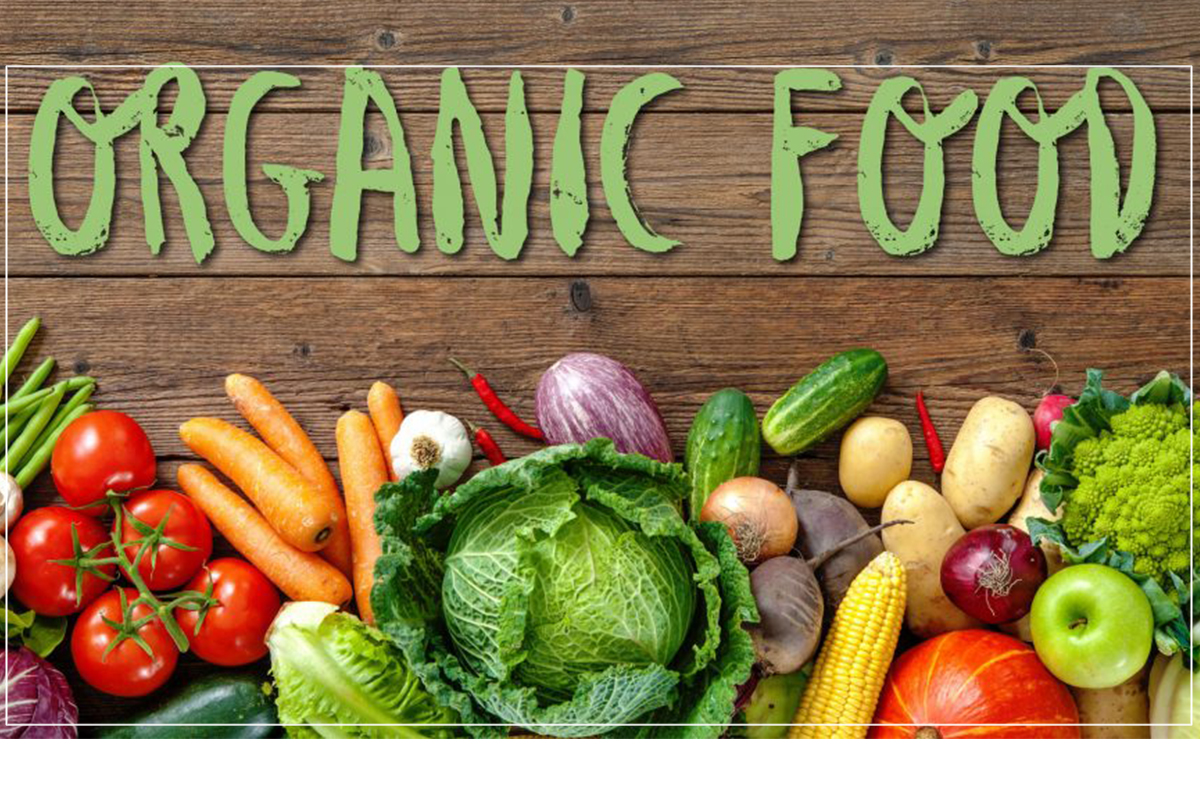Use our guide to make the healthiest choices for your family. Then find out which organic foods you should buy to avoid pesticide residues.
By Jessica DeCostole
The organic-food business is booming: About 70 percent of Americans buy organic food occasionally, and nearly one quarter buy it every week, according to the Hartman Group, a market research firm. For most of us, the reason is simple: We want natural food that’s better for us and for the environment, says Samuel Fromartz, author of Organic, Inc. But buying organic can cost you — as much as 50 percent more — so read on to know when it’s worth it.
What is organic food, anyway?
Though organic food can be produced with certain synthetic ingredients, it must adhere to specific standards regulated by the United States Department of Agriculture (USDA). Crops are generally grown without synthetic pesticides, artificial fertilizers, irradiation (a form of radiation used to kill bacteria), or biotechnology. Animals on organic farms eat organically grown feed, aren’t confined 100 percent of the time (as they sometimes are on conventional farms), and are raised without antibiotics or synthetic growth hormones.
Is organic food better for me?
Organic foods may have higher nutritional value than conventional food, according to some research. The reason: In the absence of pesticides and fertilizers, plants boost their production of the phytochemicals (vitamins and antioxidants) that strengthen their resistance to bugs and weeds. Some studies have linked pesticides in our food to everything from headaches to cancer to birth defects — but many experts maintain that the levels in conventional food are safe for most healthy adults. Even low-level pesticide exposure, however, can be significantly more toxic for fetuses and children (due to their less-developed immune systems) and for pregnant women (it puts added strain on their already taxed organs), according to a report by the National Academy of Sciences.
Pesticide contamination isn’t as much of a concern in meats and dairy products (animals may consume some pesticides, depending on their diet), but many scientists are concerned about the antibiotics being given to most farm animals: Many are the same antibiotics humans rely on, and overuse of these drugs has already enabled bacteria to develop resistance to them, rendering them less effective in fighting infection, says Chuck Benbrook, Ph.D., chief scientist at the Organic Center, a nonprofit research organization.
Is buying organic better for the environment?
Organic farming reduces pollutants in groundwater and creates richer soil that aids plant growth while reducing erosion, according to the Organic Trade Association. It also decreases pesticides that can end up in your drinking glass; in some cities, pesticides in tap water have been measured at unsafe levels for weeks at a time, according to an analysis performed by the Environmental Working Group (EWG). (To find out about the safety of your tap water, visit the EWG website.) Plus, organic farming used 50 percent less energy than conventional farming methods in one 15-year study.
When is it worth the splurge?
If you can afford it, buy local and organic, recommends Fromartz. Farmers’ markets carry reasonably priced locally grown organic and conventional food; to find one in your area, go to localharvest.org. If you can’t always afford organic, do spend the extra money when it comes to what the EWG calls the “dirty dozen”: peaches, strawberries, nectarines, apples, spinach, celery, pears, sweet bell peppers, cherries, potatoes, lettuce, and imported grapes. These fragile fruits and vegetables often require more pesticides to fight off bugs compared to hardier produce, such as asparagus and broccoli. Download a list of produce ranked by pesticide contamination at foodnews.org, an EWG website.
When shopping for organic foods, always look for the USDA seal on any kind of packaged food. For meat and dairy, this seal ensures you’re getting antibiotic- and hormone-free products. When buying meat or produce that isn’t packaged, look for a sign stating that it’s organic, or ask the store clerk.
Does organic food taste better?
Anyone who loves organic food is going to say the taste is better than fruits or veggies that have been treated with pesticides — but is it true? According to a 2014 study published in the British Journal of Nutrition, the higher antioxidant levels in organic produce might actually enhance its organoleptic qualities — a.k.a. its aroma, taste, and even the sensation in your mouth as you’re eating it. Pretty cool, huh?

